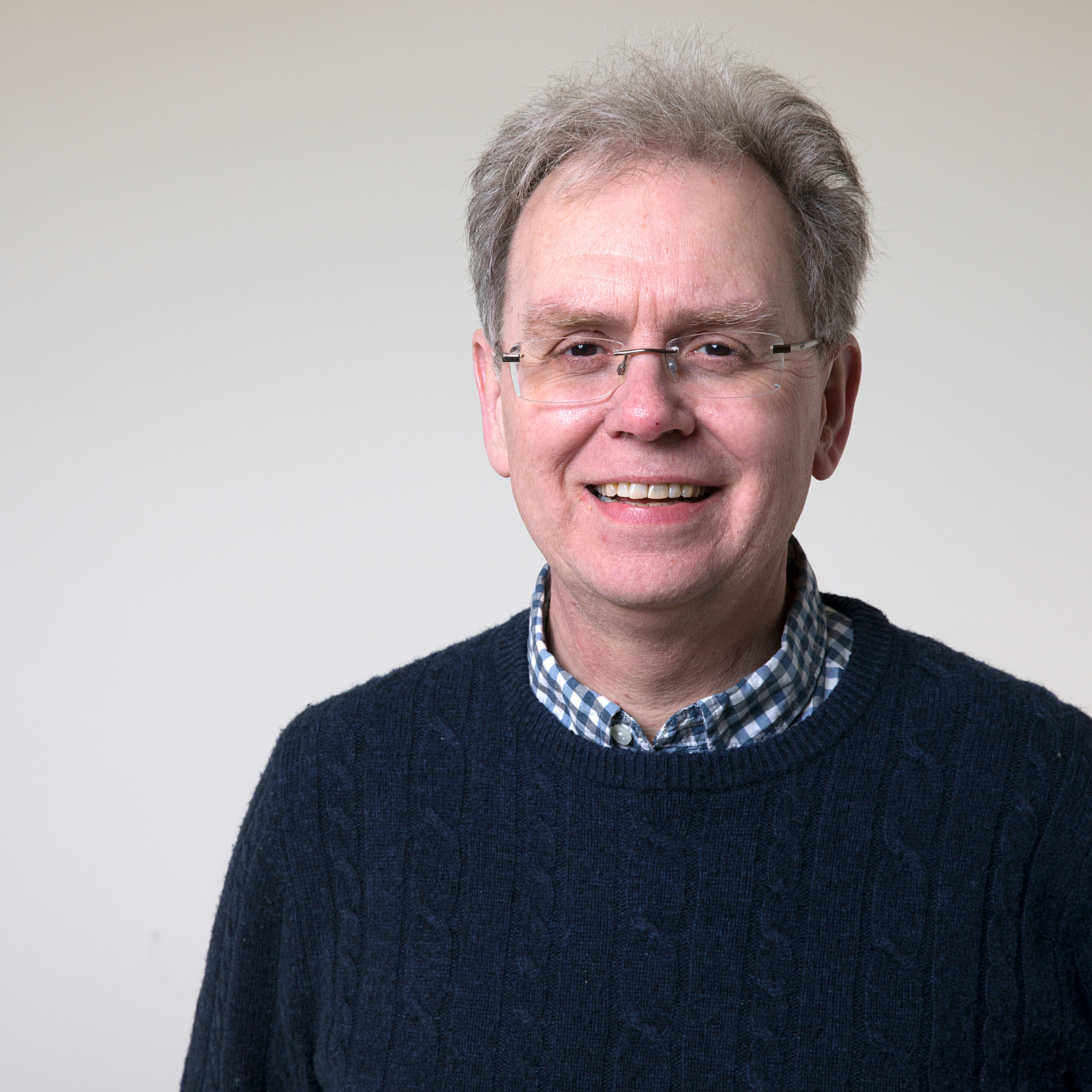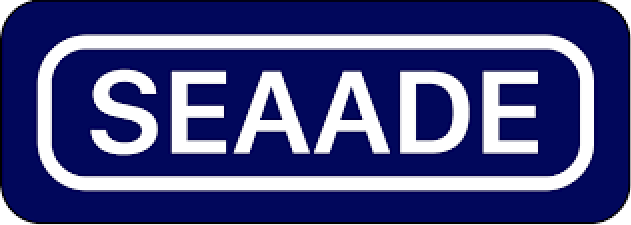
Damien Walmsley
University of Birmingham
ABOUT THE SPEAKER
Professor Damien Walmsley is Professor of Restorative Dentistry at the University of Birmingham School of Dentistry, and Consultant in Restorative Dentistry where he leads on the teaching and clinical provision of Prosthetic Dentistry. Responsibilities for the University include his role as Director of Internationalisation for the College of Medical and Dental Sciences, with responsibilities for enhancing the reputation of the University in Education and Research. His International experience includes Vice Chair of the U21 Universitas Health Sciences Group and involvement on the European Directive of free movement of Professionals in Europe with a focus on dentistry. He is Scientific Adviser for the British Dental Association and was awarded the John Tomes Medal in 2016 for outstanding services to Dentistry. He is past President of the Association of Dental Education in Europe having served terms as Council member, Treasurer and Secretary General. He has published over 200 papers and has been funded by UK research councils, Horizon 2020 and Industry. His research interests include the use of ultrasonics in dentistry where he is a world leader on the use of kHz instruments and excels in multidisciplinary research. His clinical research interests are on the use of implant overdentures. In dental education he was part of the DentEd team that published the highly cited paper “Profile and competences for the graduating European dentist” in 2005 which is now in its third publication. He has published extensively in electronic learning in dentistry. He is an early adopter of educational technology and researches on the use of mobile communication in learning. He has an active EU Marie Curie Fellowship (C2LEARN) which is investigating the use of short videos for teaching and learning.
Lecture's Synopsis
Keynote Speech: Reimagining Dental Education
There are parts of our dental curriculum that we like and there are parts that we don’t like. Reimagining would in theory help to remove the parts we don’t like. It may be argued that what has gone before has been relatively successful and only small changes are required. This traditionalist view of education is being challenged by the explosion of new findings in healthcare and the problems of assimilating them into an overworked curriculum. If we wish to reimagine the curriculum then there may be many parts that we have to leave out. This will be a difficult task for many teachers.
As educators, we have discussed what should be in the modern dental curriculum and two examples are the documents released by ADEE and ASEAN. They outline the competencies that are required for a competent graduate. Clinical educators are in agreement at an international level with many of the major competencies that are summarised in these documents. The disagreement between educators generally occurs at the clinical specialty level when discussing the amount and breadth of skills needed. It is difficult to incorporate the full range of clinical skills in our crowded curriculum and it will continue to pose difficulties.
Our students are agents of change, living in the turbulent world and adapting to new ways of thinking. However, we are quick to pull them into the traditional ways that we were taught as we are comfortable with what we know. Reimagining requires traditional boundaries to be torn up and new concepts and approaches to be embraced. For instance, we are slowly overcoming our resistance to the recording of lectures. It is what our students wish but teachers are hesitant on whether this is the correct way forward. There are many other examples.
There is a patient at the center of this debate, and there is a larger community to serve. Therefore, we have a responsibility to produce good dentists. How do we begin to reimagine the curriculum? We develop dentists who are critical thinkers. Out students find it difficult to adjust to this concept and it is not without its difficulties to teach. We live in a consumer society where change is relentless and unforgiving. Our students must become sophisticated consumers of dental research findings. To reimagine our teaching methods then we change our assessment methods to match it. As teachers, we have the skills to provide our students with the robust methodology needed to evaluate the evidence. This requires Faculty in schools to be ready to employ a Socratic approach to their teaching. Another sensible move is to embed more clinical treatment planning and case discussion into the curriculum. By introducing more inter-year interactions, including Inter & Intra professional learning then we are allowing dentistry to be appreciated in the greater healthcare collective. Remember also to be inventive and creative with new teaching methods such as gamification and social media. This will engage students in the learning process. Be ready to use the digital world to assist you in delivering your reimaging.
- Reimagining dental education requires good teachers who stimulate passion in the classroom and the clinic.
- Reimagining will require teachers who embrace change and be ready to listen to their students
- Reimagining will require the patient – student relationship to be central to the future strategies of our dental schools.
Workshop: The use of videos for personalised learning
New technologies will assist teachers both in the pre-clinical and clinical part of the course. These technologies are familiar to our students as they will be familiar to them from both their school education and social life. As teachers, there is a well-reported lag in their uptake for teaching purposes. The use of technology in a blended format may assist in self-directed learning and assist our students in personalising their learning experience. One medium that students appreciate is the use of videos of clinical procedures. This is readily available on the Internet. Some commentators suggest that this is set to expand even further.
The aim of this workshop is to present research on the use of videos in teaching and to share best practice. The workshop will explore how to structure a course and the best way to introduce such technology with a blended learning approach.
The first session will discuss the use of lecture capture and how students use the medium in their own personalised learning. The use of short videos in teaching will be demonstrated. This will include simple methods of producing your own material and how to incorporate into the course. There is also the question of external material and how best to assist students in using such material. Assisting students on how to interact with external resources such as YouTube will be covered. There will be an opportunity to share best practice and develop teaching strategies on how best to incorporate the medium. The concept of Fake news and how to assist students in understanding the perils of learning from the web will be discussed
The second session will follow off from the morning and once again will be interactive. There will be breakout groups which will lead on the introduction of such technology in different areas Preclinical vs Clinical, using students to creating learning material, introducing blended learning techniques. This interactive workshop will be led by educators who are researching and publishing in this area of dental education.
The final aim of the workshop will be to put together guidelines for dental educators on how to implement blended learning techniques and these will be published/distributed to participants of the SEAADE conference.
Workshop Leaders
Dr Marco Antonio Dias da Silva – University of Birmingham/Universidade Federal de Campina Grande
Prof Anthony Damien Walmsley – University of Birmingham
The leaders of this workshop have considerable experience in introducing new technologies into the curriculum.
Prof Walmsley has published extensively in this area. He is an early adopter of new technology and published extensively in the area. He was part of the team that won a Times Higher Education Award for their innovative approach to web-based learning. He receives excellent feedback internally and externally from students for his work in this area.
Dr da Silva has received funding from the European Union’s Horizon 2020 research and innovation programme under the Marie Sklodowska-Curie Actions (grant number 748609). His research in the use of short videos for teaching has been published in the British Dental Journal and he has presented at both ADEE and IADR conferences on his educational work. He is an Associate Professor in Brazil and the Marie Sklodowska-Curie fellowship has allowed him to further develop his research interests in the use of videos for teaching.
CONTACT US
International Medical University,
No. 126, Jalan Jalil Perkasa 19,
Bukit Jalil, 57000 Kuala Lumpur, Malaysia





